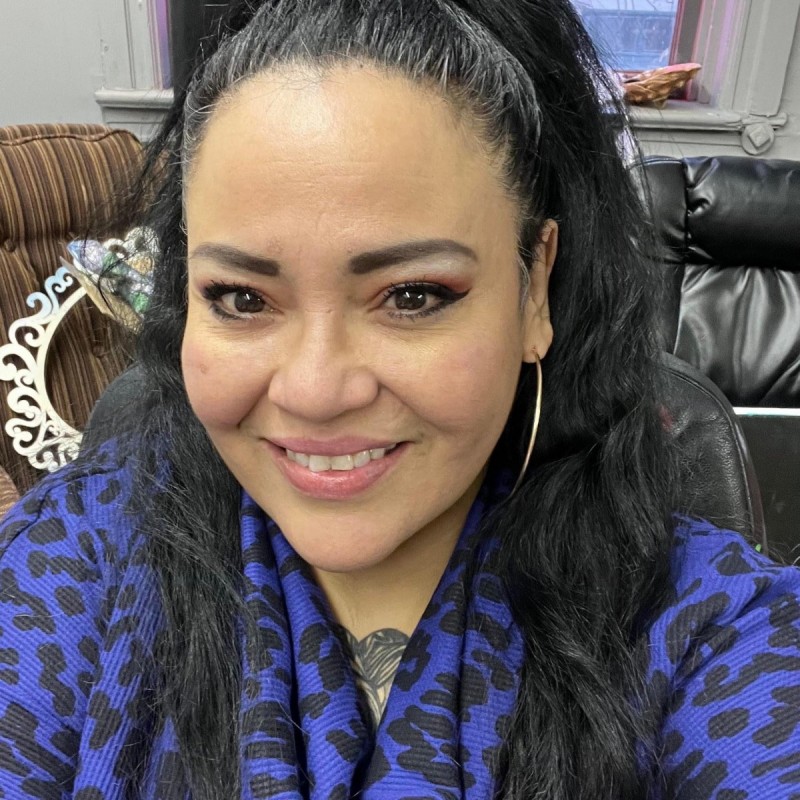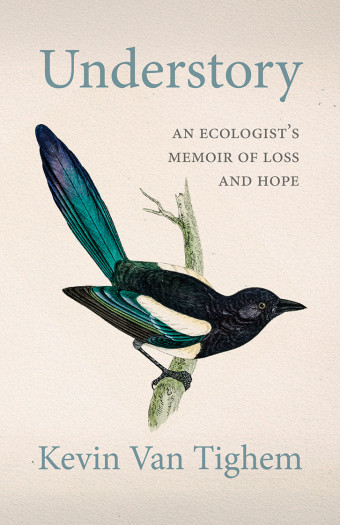Readers may feel the need to adopt a guarded heart when picking up Jackie Traverse’s third colouring book, Resilience: Honouring the Children of Residential Schools. For anyone who knows, loves, or are themselves survivors of these schools, of day schools, of the Sixties Scoop, and of the child welfare system, the topic hits especially close to home. While the book deals with a difficult subject, Traverse hopes it can also be healing.

- Resilience
- Jackie Traverse
- Fernwood Publishing
- $24.00 Paperback, 64 pages
- ISBN: 978-17-73635-59-0
The collection of 40 striking images on themes of healing, ceremony, matriarchal and ancestral knowledge, interconnectivity, and resilience, accompanied by related traditional teachings and personal observations from Traverse, invites readers to meditate on how people can individually, as a community, and as a nation, find the way forward.
“I hope that it can be used as a teaching tool for grandparents to colour with their grandchildren and parents to educate their kids about what happened – in a more sensitive way,” says Traverse, who has lived in downtown Winnipeg for over 35 years. She says all people, not just survivors, can use the colouring experience as a way into discussions that confront the truth.
The work in this book transcends what can be expressed through language, and contemplating images through colouring is an excellent tool for processing their intricate meaning and for building relationships.
“I’ve had people say that they’ve gotten closer with their kids. And with their children, it’s a special time for them to have some quiet time and to just sit there and colour. Women have said they’ve taught their children things through some of the teachings that are in the book,” Traverse says.
“Sometimes people don’t have access to getting teachings from our Elders and Medicine People in the community – so for them to learn something through a book, by spending a quiet moment with someone they love or even alone – that’s the real medicine right there.”

The hard work of healing is something Traverse knows well. Originally from Lake St. Martin First Nation, she entered the child welfare system young, narrowly avoided being sent to Fort Qu’Appelle Residential School, experienced years being moved from place to place in foster care, and at 16, she was moved into the independent living program, and then aged out of care. These experiences developed her fierce independence and inspired much of her art.
“I was in foster care and bad things were said about my people, my mother, my culture. Everything,” she says. “Foster parents that do that intentionally, I believe, for me to hear it, to try and lower my self-esteem and to hurt me. And you know what? It just never did. I’d just like to, right now, give a shout out: ‘Creator, thank you for this thick skin!’
“And you know what? Those things didn’t work. If anything, they fuelled me and made me stronger.”
Traverse’s greatest tool against oppression is using her art to raise awareness and foster healing. “That’s a driving force in what I do,” she says.
“There are a lot of issues that I want to talk about that aren’t being addressed, so I get inspired by that.”













